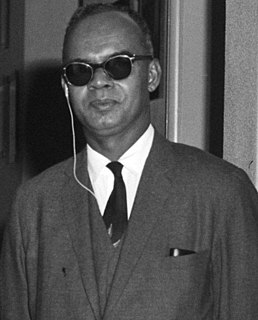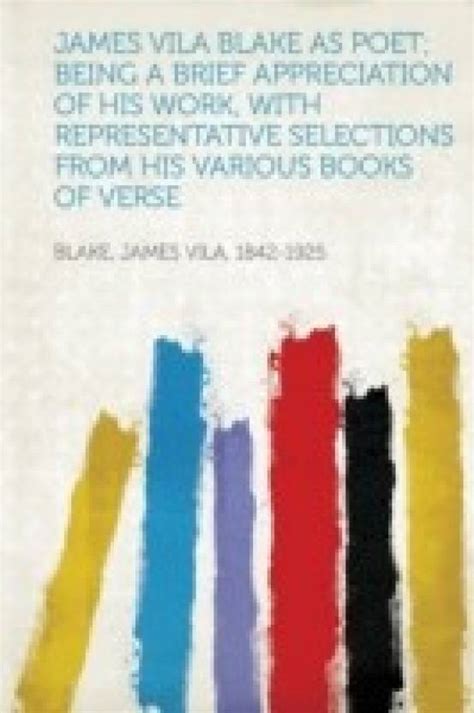A Quote by Howard Zinn
Democracy depends on citizens being informed, and since our media, especially television (which is the most important source of news for most Americans) reports mostly what the people in power do, and repeats what the people in power say, the public is badly informed, and it means we cannot really say we have a functioning democracy.
Related Quotes
I do not mean to imply that television news deliberately aims to deprive Americans of a coherent, contextual understanding of their world. I mean to say that when news is packaged as entertainment, that is the inevitable result. And in saying that the television news show entertains but does not inform, I am saying something far more serious than that we are being deprived of authentic information. I am saying we are losing our sense of what it means to be well informed.
Democracy, finally, rests on a higher power than Parliament. It rests on an informed and cultivated and alert public opinion. The Members of Parliament are only representatives of the citizens. They cannot represent apathy and indifference. They can play the part allotted to them only if they represent intelligence and public spiritness.
Democracy has become, unless I mistake, a kind of test or shibboleth, by which we try men and measures; and this is the same as to say that it is merely a word which is powerful with us, and not the wide and true notion of what the word means. But we must define the true import of words, and not be slaves to syllables; for democracy in form is not necessarily people-power in fact, but power perhaps of a few, who cajole the many and so lead and use the people for their own ends.
I'm optimistic. I see no longer people accepting fuzzy thinking in the world. The change is not that people aren't still saying under-informed things. The change is that if you're in power and you say something under-informed, there are people out there with a voice who will take you to task for having done so
When we talk about Cuban democracy we are referring to participatory democracy which is big difference with representative bourgeois democracy. Our is a democracy in which everything is consulted with the people; it is a democracy in which every aspect and important decision that has an impact in the life and society of the people, is done in consultation.
For years, we've been bludgeoned with the cliche "information is power." But information isn't power. After all, who's got the most information in your neighborhood? Librarians. And they're famous for having no power at all. And who has the most power in your community? Politicians. And they're notorious for being ill-informed.
You have to look at what the United Nations Declaration of Rights of Indigenous people says which is free and prior informed consent. Now, if you say 'we're going to build a pipeline, what does it take for us as the colonial power of Canada to make you agree?' That's not free, prior and informed consent, that's coercion.







































